News
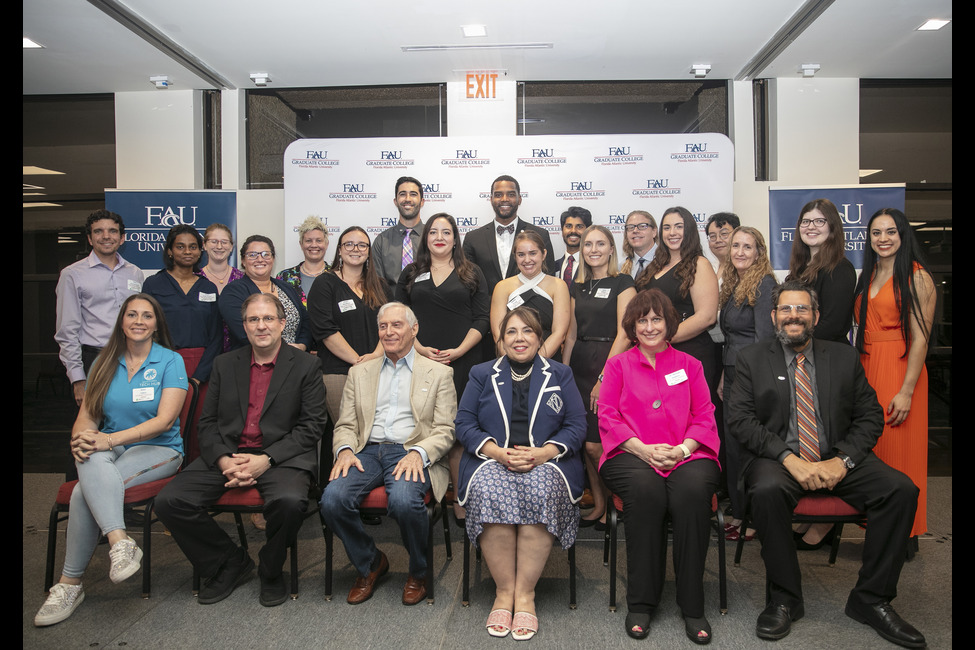
March 21, 2023
Florida Atlantic University has announced the winners of the seventh annual Three Minute Thesis (3MT®) Competition hosted by the Graduate College.

March 16, 2023
Michael Forrest, a senior in Mechanical Engineering in the College of Engineering and Computer Science from Lauderhill FL, just completed his final semester as a guard with the FAU’s Men’s Basketball Team. The team has...
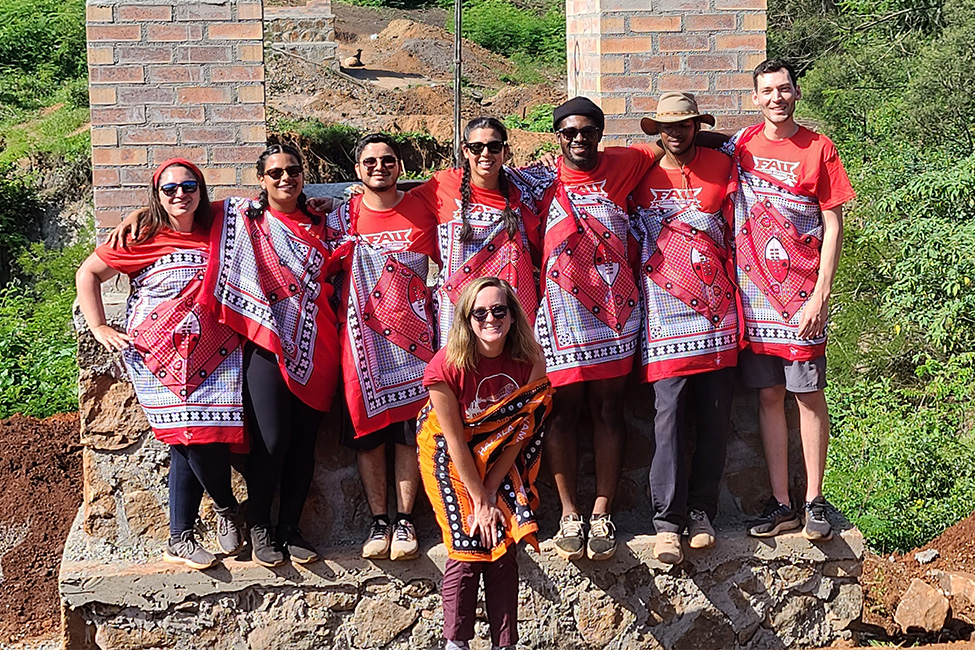
March 15, 2023
Since 2020, the FAU College of Engineering and Computer Science has collaborated with Engineers in Action (EIA) to participate in the Bridge Program, an initiative created to provide footbridges to rural communities previously...
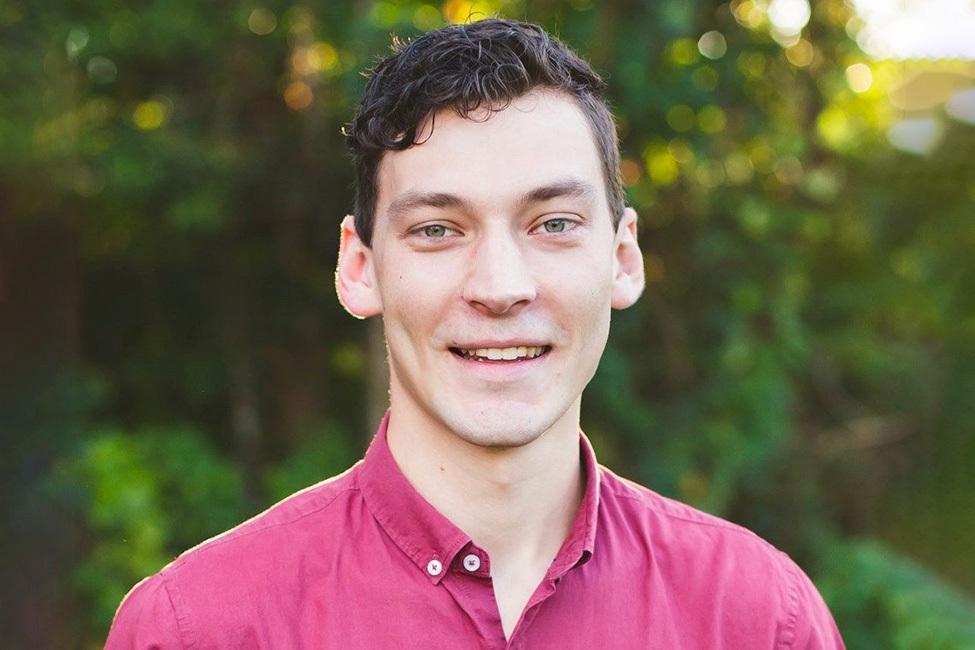
March 06, 2023
Alexander Hintze graduated in May 2020 with a degree in Civil Engineering from the FAU College of Engineering and Computer Science. After graduation, he went to work with BCC Engineering, LLC as a structural engineering desig...
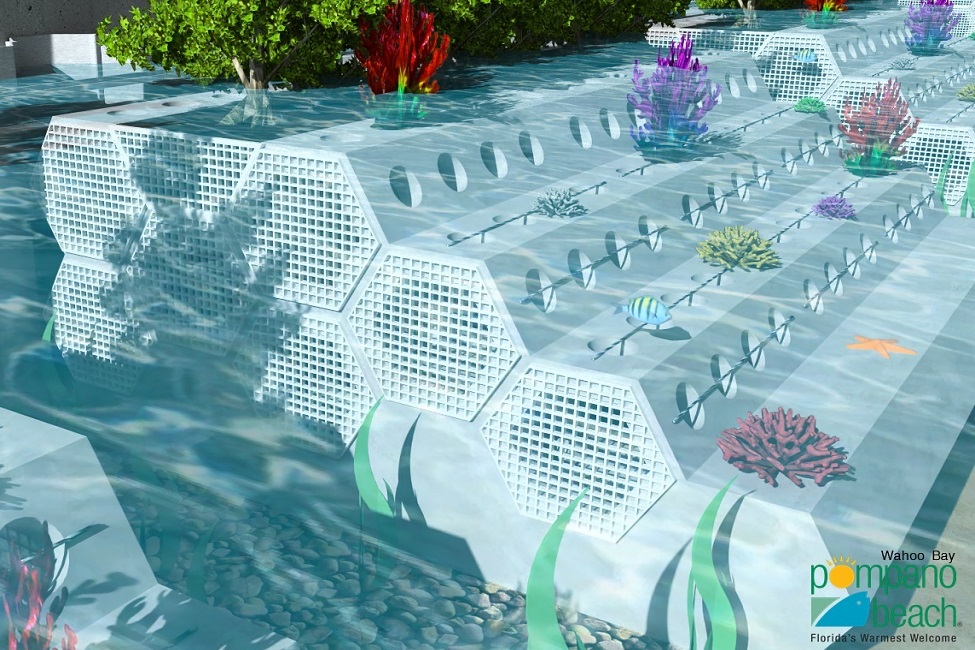
February 21, 2023
FAU engineers and students will use AI and sensing in Wahoo Bay, a “living” underwater laboratory, which will serve partly as an educational marine park as well as an initiative to restore the natural habitat.

February 20, 2023
FAU’s College of Engineering and Computer Science and OP Solutions have announced the intellectual property merit of FAU-developed versatile video coding technology to improve the process of streaming media.
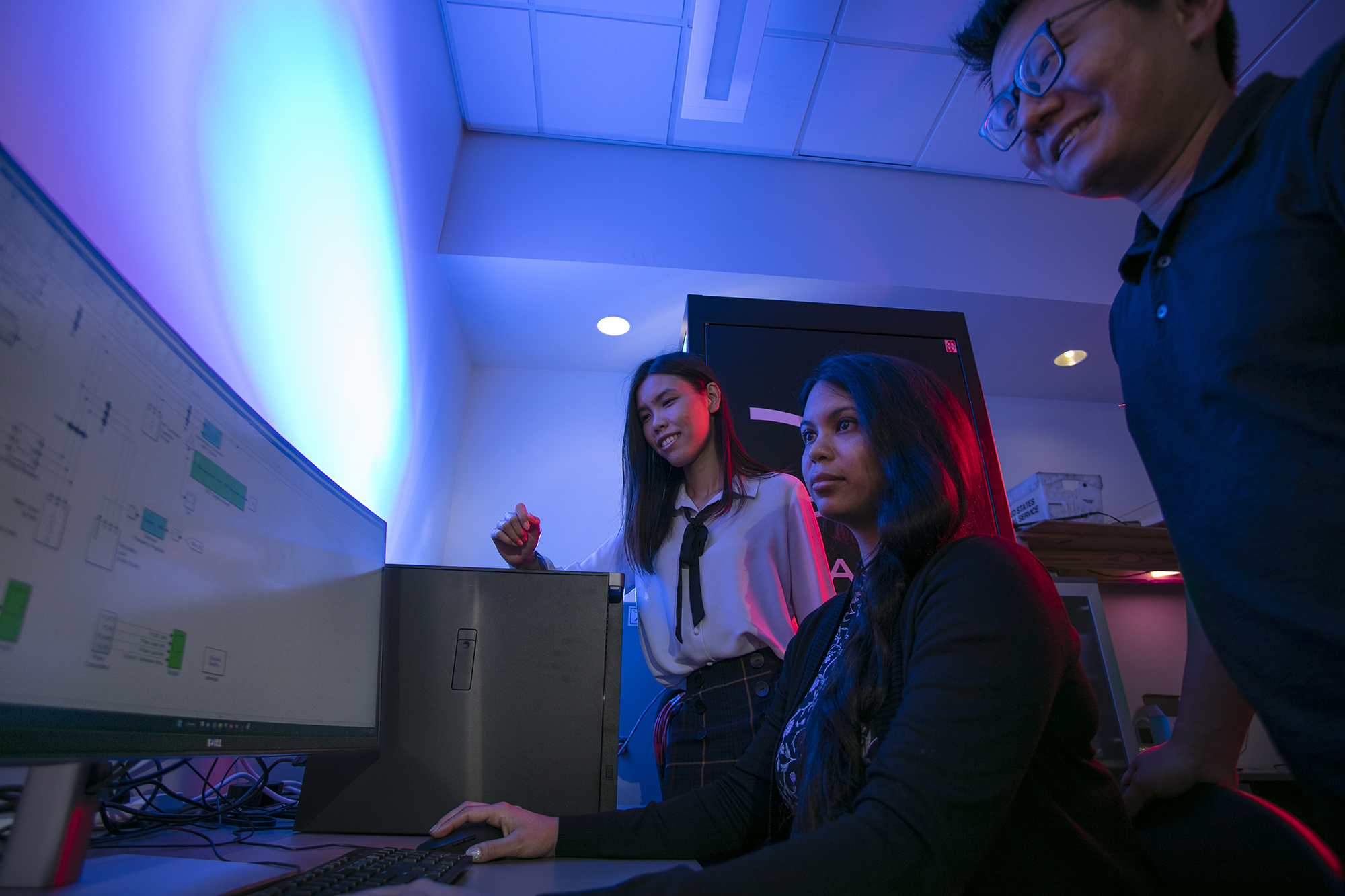
February 14, 2023
FAU and Florida Power & Light Company have agreed to a four-year collaboration to establish the FPL Center for Intelligent Energy Technologies (InETech).
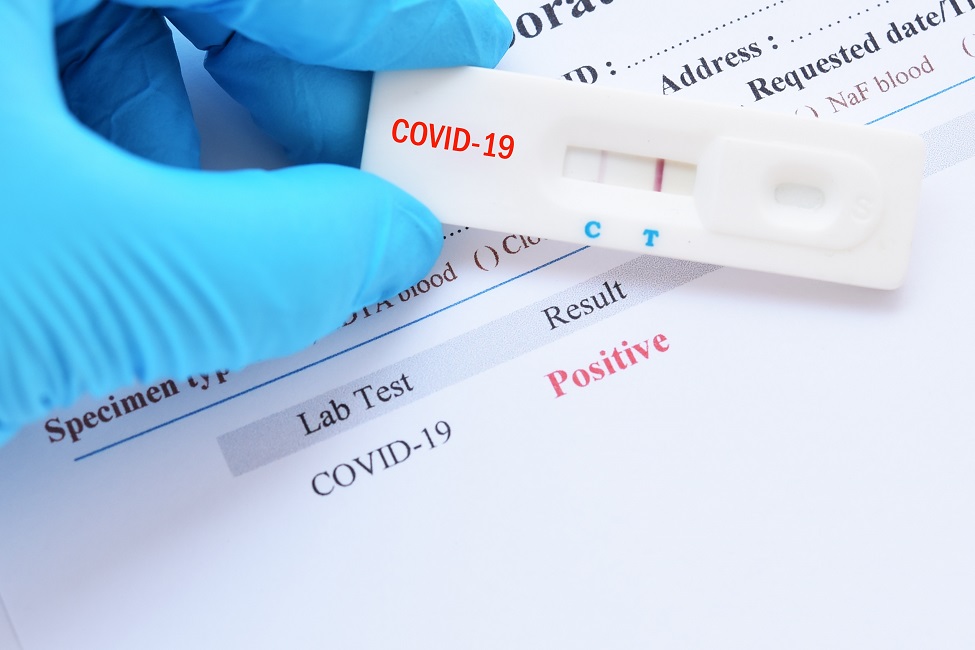
December 13, 2022
Results from the study identify the key symptom features associated with COVID-19 infection and provide a way for rapid screening and cost effective infection detection.
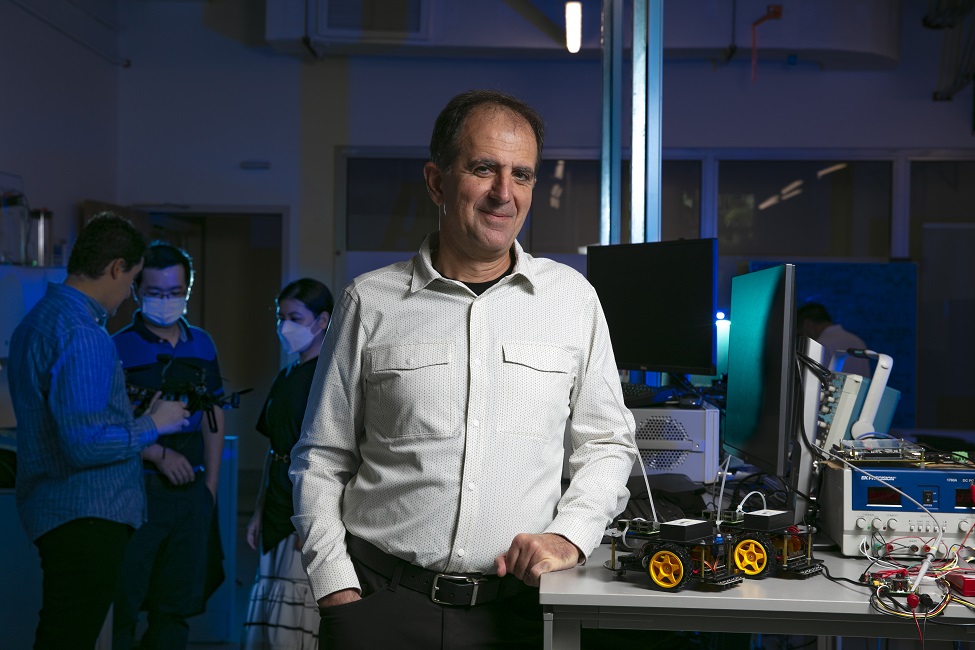
December 06, 2022
People and assets deployed by the United States Department of Defense (U.S. DOD) in ground, sea, air and space require maintaining operational wireless network connectivity at all times to deter and defeat agile adversaries.
